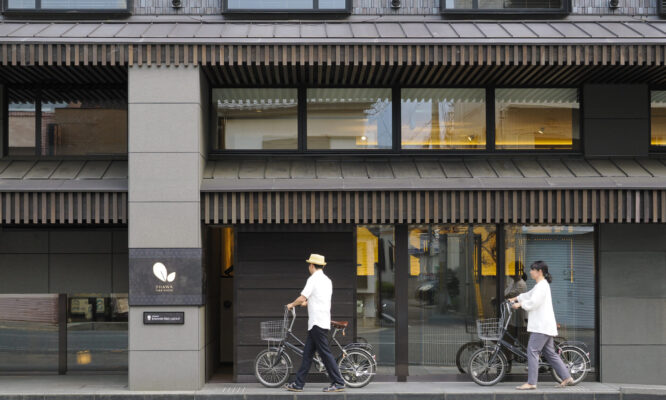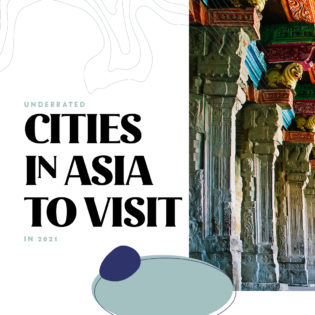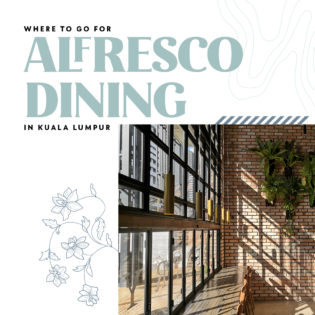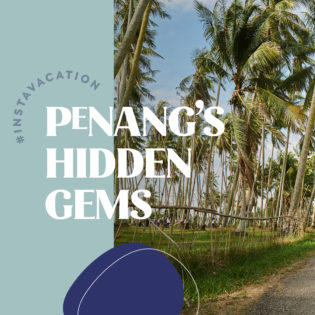Tash Aw, one of Malaysia’s most respected novelists, discusses the fallacies of progress and development.

As a child, the prospect of becoming a novelist seemed as distant “as being an astronaut”, says Tash Aw. But the 45-year-old is today one of Malaysia’s most respected writers. He has won some of the world’s most prestigious literary awards for his three novels and gained respect in international literary circles.
Sparing some time in between flights from New York, Paris and London to speak with Going Places, Aw says his revelatory moment came when he went to university in the United Kingdom and he met fellow young adults who knew, from an early age, they were going to become writers. “It was just another profession to them,” he says. “That kind of career belonged to other kinds of people, with other kinds of backgrounds, not someone with an ordinary Kuala Lumpur upbringing like me.”
His own journey to becoming an award-winning novelist happened by chance. As a child, he enjoyed the works of Ernest Hemingway and John Steinbeck, and was transfixed by Gustave Flaubert’s short story A Simple Heart, a moving depiction of the suffering of a young servant, the same kind of combination of realism and social commentary that now typifies Aw’s writing. While studying law at the University of Cambridge and later at the University of Warwick, he devoured any book he could lay his hands on. After graduation, he found a number of odd jobs in London before working as a lawyer, when he began drafting his own manuscript.
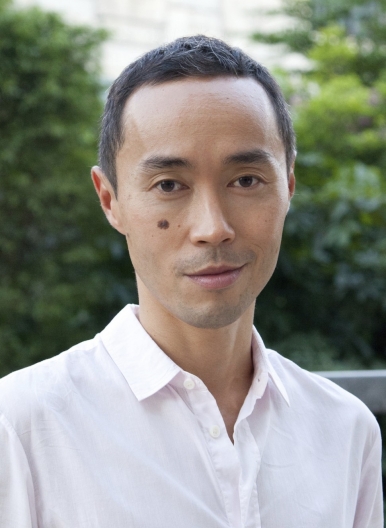
That manuscript was for his 2005 debut, The Harmony Silk Factory, a complex and intriguing story of the anti-hero Johnny Lim, who fatally stabs an English mine owner in 1940s Malaya before joining Communist guerrillas and fighting invading Japanese forces, only to sell out his comrades.
“I finished my novel, sent it to an agent, who took it on, and sold it to pretty much the first publisher who read it,” Aw says. “It seemed quite easy, but even then I knew that I was very lucky – that I'd had a series of very fortunate breaks.”
The Harmony Silk Factory was longlisted for numerous prizes, won a Whitbread Book Award, and has since been translated into at least 20 languages.
What interests Aw is how people interact with rapidly changing societies and designations of success, concepts widely discussed in his modernising Malaysian homeland. “Having shiny new cities with skyscrapers and shopping malls doesn't necessarily signify progress,” he says. “Having more material wealth is obviously just superficial.” What matters, he suggests, is how societies develop the “software of life”, how they develop art, music, literature, ideas of social equality and democracy.
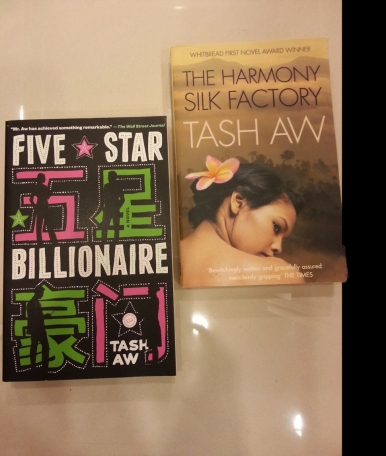
These themes were at the centre of his third novel, Five Star Billionaire, published in 2013. It was longlisted for the Man Booker Prize for Fiction that year. It follows the lives of four Malaysians trying to make a life in China’s Shanghai, but each are in free-fall. Some claim to be of other nationalities, like Gary, a ‘Taiwanese’ pop star whose downfall ends with him singing in lonely shopping malls. Others mask painful backgrounds with the trappings of material success, the “good fake” designer bags of one character, the kind that one knows from the beginning will never bring genuine happiness.
But commenting on the problems of modernity doesn’t mean Aw has sympathy for nostalgia. “There's a tendency for people who live in a rapidly advancing world to yearn for a simpler existence of 30, 40, 50 years ago. That simplicity of life is often an illusion, anyway.”
One might say Five Star Billionaire is a 21st-century take on Stephen Crane’s Maggie: A Girl of the Streets, or, as a Guardian review noted, Anthony Trollope’s The Way We Live Now. It’s bitingly realistic and despairing but with a thick seam of satire. Its characters are not unlike those who appeared in the novels of the 20th century, gravitating to Western cities. Only now in the ‘Asian Century’, China’s metropolises offer the promise of success and wealth. Shanghai, in the novel, becomes as much a character as the protagonists, conspiring to crush hopes and reward superficial success.
“It was really about how China has, for so many people in Asia, come to represent a place where anything is achievable in a material sense,” Aw says. “The transformations that China was experiencing at the time meant that it was possible for people to move there and reinvent themselves, in the same way as they could in New York a hundred years ago. But it was also a novel about the tension between surface wealth and profound longing; about the disconnect between the two.”
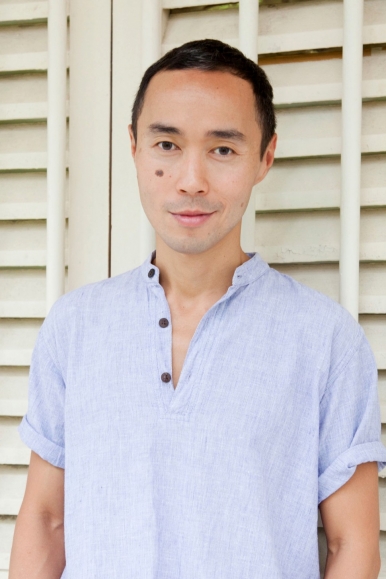
Five Star Billionaire might have been set in Shanghai, and his second novel, Map of the Invisible World, in 1960s Indonesia, but Aw says that all are “very Malaysian novels”. He is a writer concerned about Malaysian issues, which “also happen to be universal,” he says, meaning issues of migration, ambition, hierarchy and class.
Indeed, while his characters in Five Star Billionaire moved from Malaysia to China to grasp opportunity, Aw’s Malaysian parents moved back to their homeland while he was young, after he had been born in 1971 in Taipei to an electrical engineer father and a mother who worked as a quantity surveyor.
In an interview years ago, he described himself as an “outsider” in Malaysia. Speaking with Going Places, he redefines this as “an insider who has the point of view of the outsider”. He now spends half of the year in Malaysia, and the other half travelling or living in his east London home.
“I straddle the line between the two,” he says. “The state of being an outsider isn't to do with where you are geographically, it's to do with your relation with the rest of society – with class, wealth, race, religion, gender, sexuality – and also the way you see the world.”
